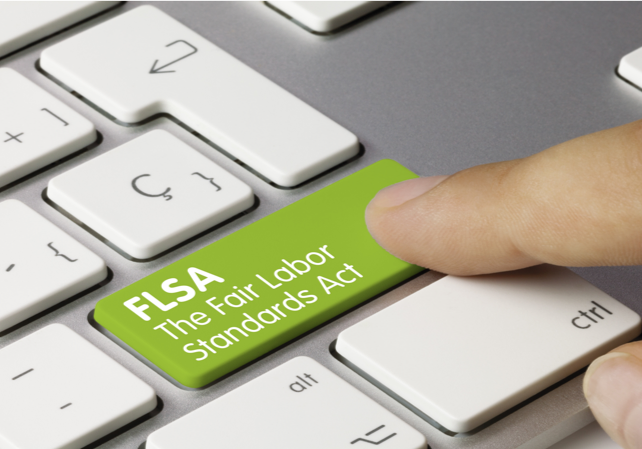
FLSA Class Decertified in Suit Against NYC Department of Homeless Services
A federal judge recently decertified a class of plaintiffs in a lawsuit they filed against the New York City Department of Homeless Services for violations of the Fair Labor Standards Act (FLSA).
Five current and former administrative assistants at the department filed the suit in the U.S. District Court for the Southern District of New York as a collective action under the FLSA and sought to include all similarly situated individuals in the putative class. The plaintiffs alleged that they were forced by the city to work off-the-clock and that when the off-the-clock work was included in their workweek, they should have been paid overtime since their hours worked exceeded 40 per week.
The class in Lynch v. City of New York was conditionally certified, but after discovery had been completed, the court granted the city’s motion for decertification. District courts in the Second Circuit of the U.S. Court of Appeals (which includes the Southern District of New York) follow a two-step process in certifying FLSA collective actions. The first-step involves a lenient pre-discovery analysis of the proposed class. The second step in the inquiry is taken after discovery is completed. At that stage, plaintiffs face a heightened burden of proof to show that the members of the proposed class are similarly situated as required by law.
The judge in Lynch concluded that the plaintiffs had not met this burden, as members of the proposed class worked in different units and reported to different departments. Additionally, the judge held that the plaintiffs’ own testimony illustrated “critical differences in what supervisors told their employees about overtime.”
As the court did not rule on the validity of the plaintiffs’ underlying FLSA claims, the case will now proceed on an individual basis with just the named plaintiffs.




